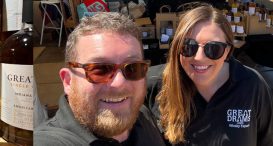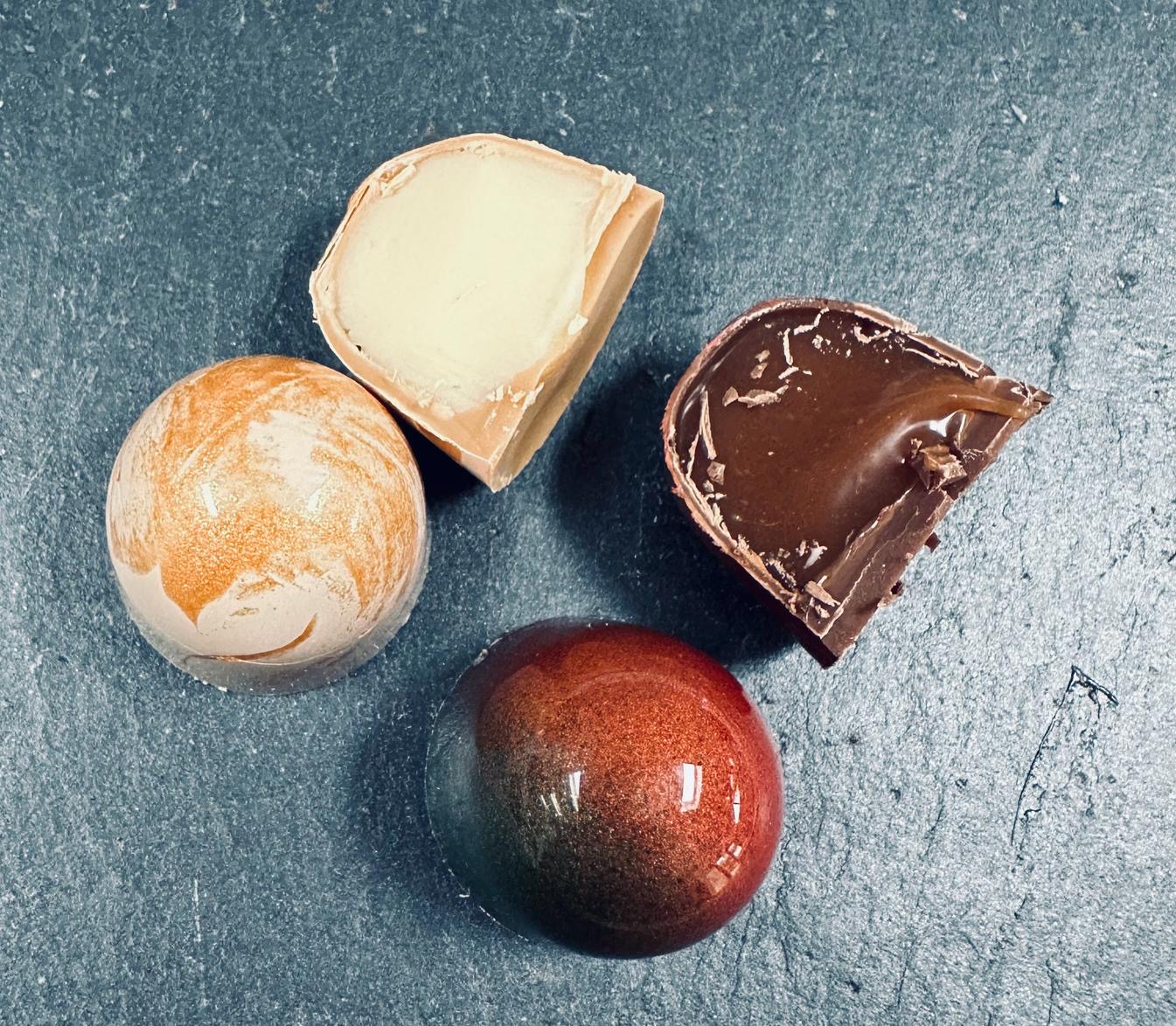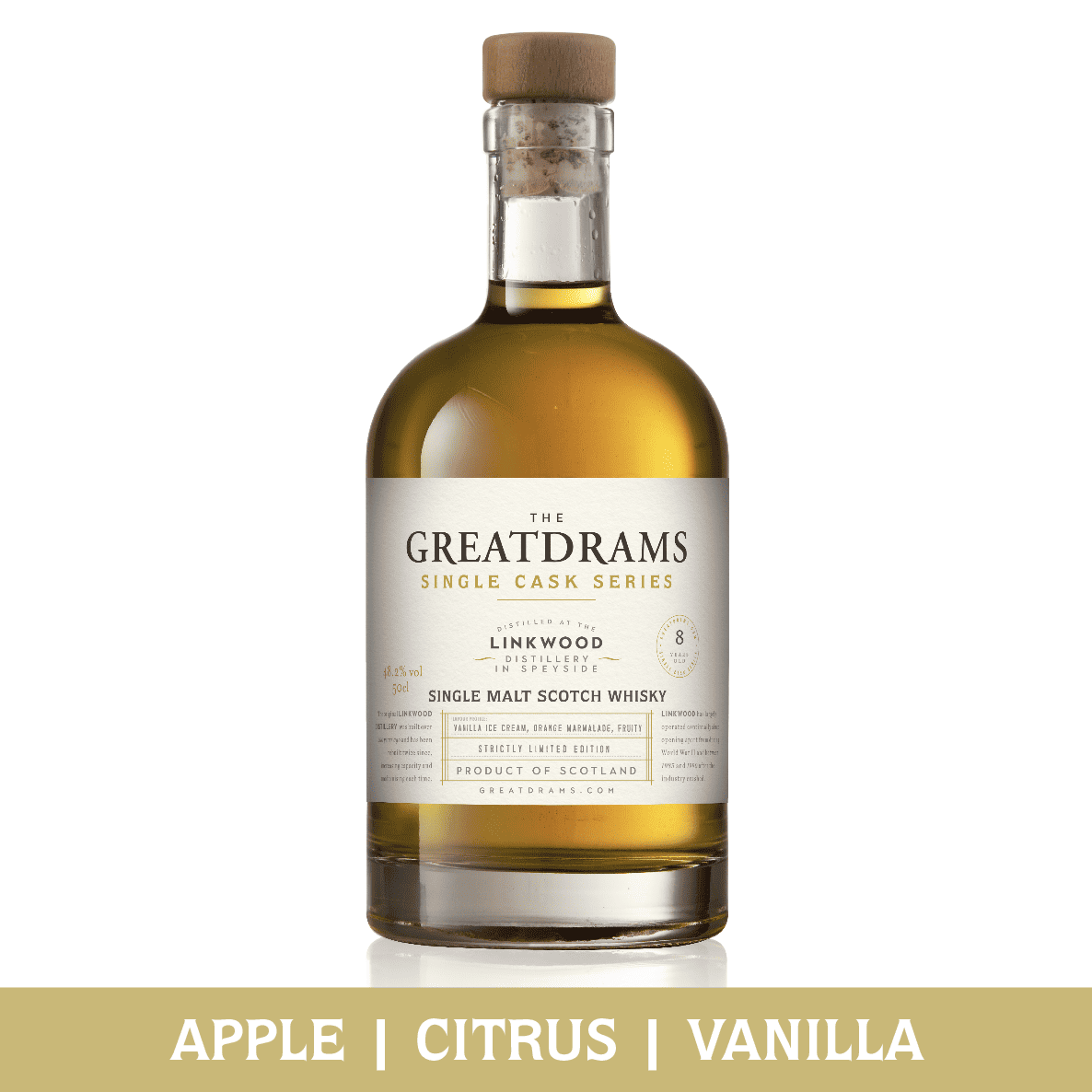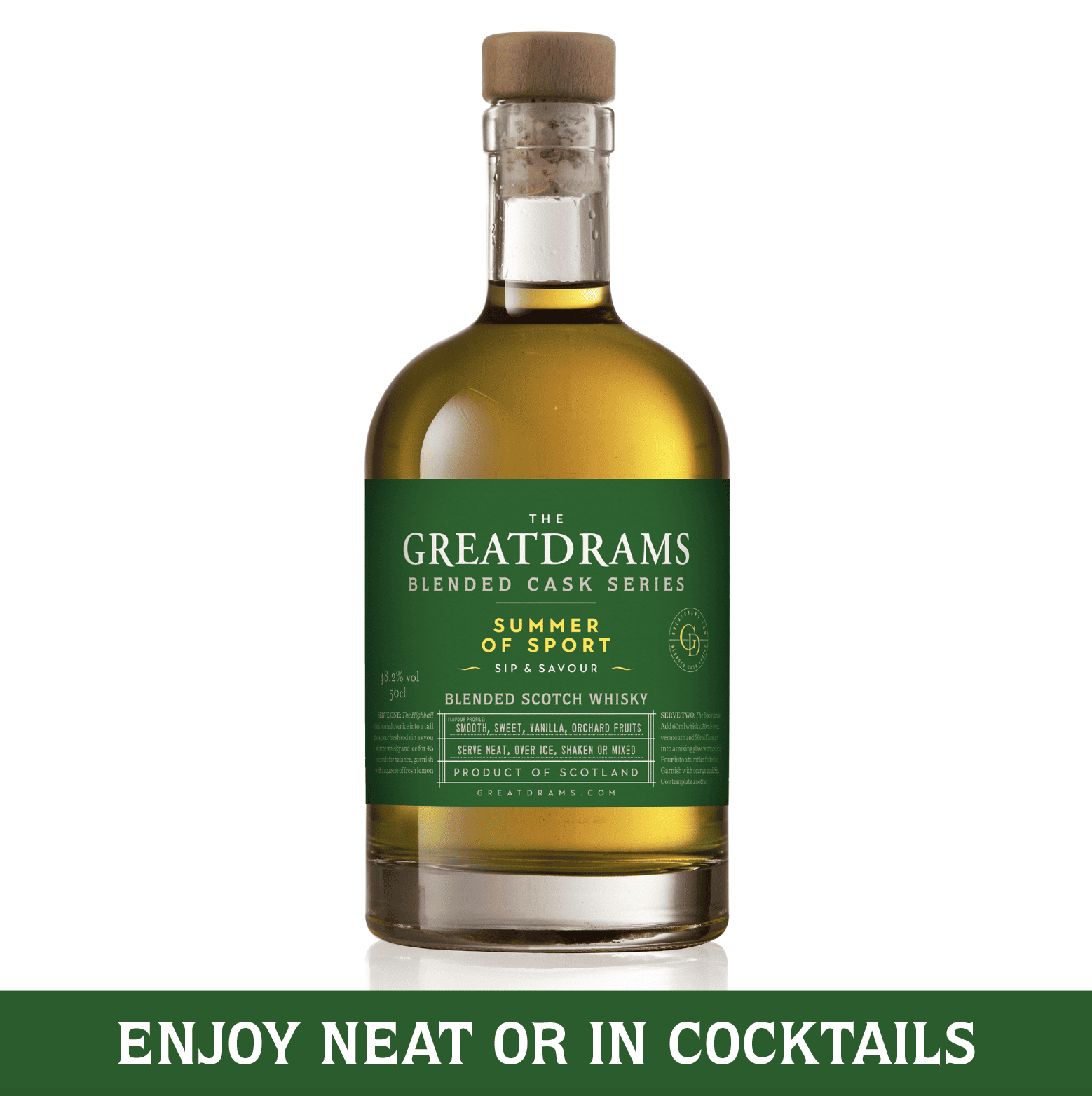Everything you need to know about being a Master Distiller
let’s begin
The title of master distiller is not given out lightly. It is a prestigious and highly coveted position by those within the industry and without.
Who wouldn’t want to spend their working life tasting whisky? It is truly the dream for any whisky lover.
But what exactly is a master distiller? Surely it entails more than just enjoying Whisky at your leisure?
It certainly does and there are many different types of master distiller.
From those who have trained in the industry for years to non-distilling producers, the term covers many different experiences in managing a distillery.
For example, it took David Stewart, master distiller at the Balvenie Distillery, a grand total of 12 years to earn the title.
He has been in the industry since joining William Grant & Sons as a stocks clerk at the age of 17.
From there he rose through the company and is now one of the most well respected master distillers in the business. But it definitely took time.
Now that he is master distiller, Stewart oversees the quality of every cask and considering the pressure to get it right, has a lot of responsibility.
He has earned his title of master distiller through both dedication and developing his skills at tasting.
Being able to know if a cask is good enough to be bottled, or how to make blends takes a lot of skill. For Stewart, the title of master distiller indicates that he has put in the time and has the ability to do so.
If we look across the pond, the title comes sunder a lot more scrutiny.
In the Bourbon community there is a debate raging as to whether or not the term master distiller should be used, and what exactly it means.
This stems from the debate over whether the title is earned, or if it can be given to anybody who manages a distillery.
On the one hand there are those who believe that the title should be earned through hard graft and dedication to the art of distillation.
The term only really came about in the Bourbon world in the early 1990s, according to Jim Rutledge of Four Roses.
Rutledge is known as a master distiller himself, but believes the title should not be given out easily.
He also calls for a more solid definition of the term. With a solid definition it would be easier to evaluate whether or not someone makes the mark.
But it can be hard to pin down a definition. Since there are plenty of non-distilling producers out there, how does a master distiller of one of these brands earn their name?
Non-distilling producers, also known as rectifiers, are certain brands that buy casks from other distilleries and use those to make their own blends.
Hence, there is no need for all the skills involved in actually making a decent product, but those who manage these brands are still known as master distillers.
So should a definition of master distiller then pertain to the product or the process of distillation?
That is one of the many questions that the title raises and that are creating a division amongst some in the Whisky community.
Ultimately, it should be the end product that people care about, as that’s what brings us all together. So whether you believe in the title or not, you should still be able to enjoy a good dram even with those who disagree with you!
Greg
You might be interested in
More from the blog
Follow greatdrams
latest articles
Latest whisky
exclusively from GreatDrams
-
GreatDrams Whisky Chocolates
£7.00 – £88.00 -
Linkwood 8 Year Old Single Cask Single Malt
£30.00 – £55.00















1 thought on “Everything you need to know about being a Master Distiller”